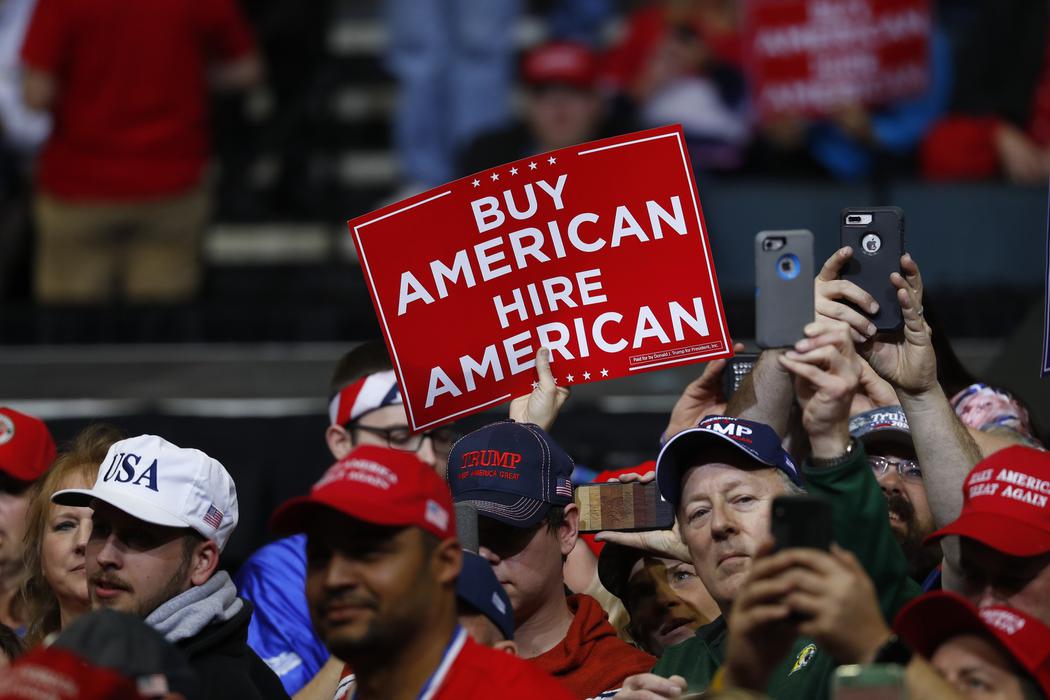
Richard Javad Heydarian, Professorial Chairholder in Geopolitics, Polytechnic University of the Philippines
Aug 08, 2025
The second Trump administration has combined aggressive diplomatic engagement with a confrontational trade policy that alienates allies and risks triggering a global recession, despite legitimate concerns about America’s industrial decline. While Trump's trade agenda aims to restructure global commerce to favor U.S. interests, its unilateral execution and failure to build a coalition undermine its effectiveness and may isolate the U.S. rather than restore its manufacturing strength.
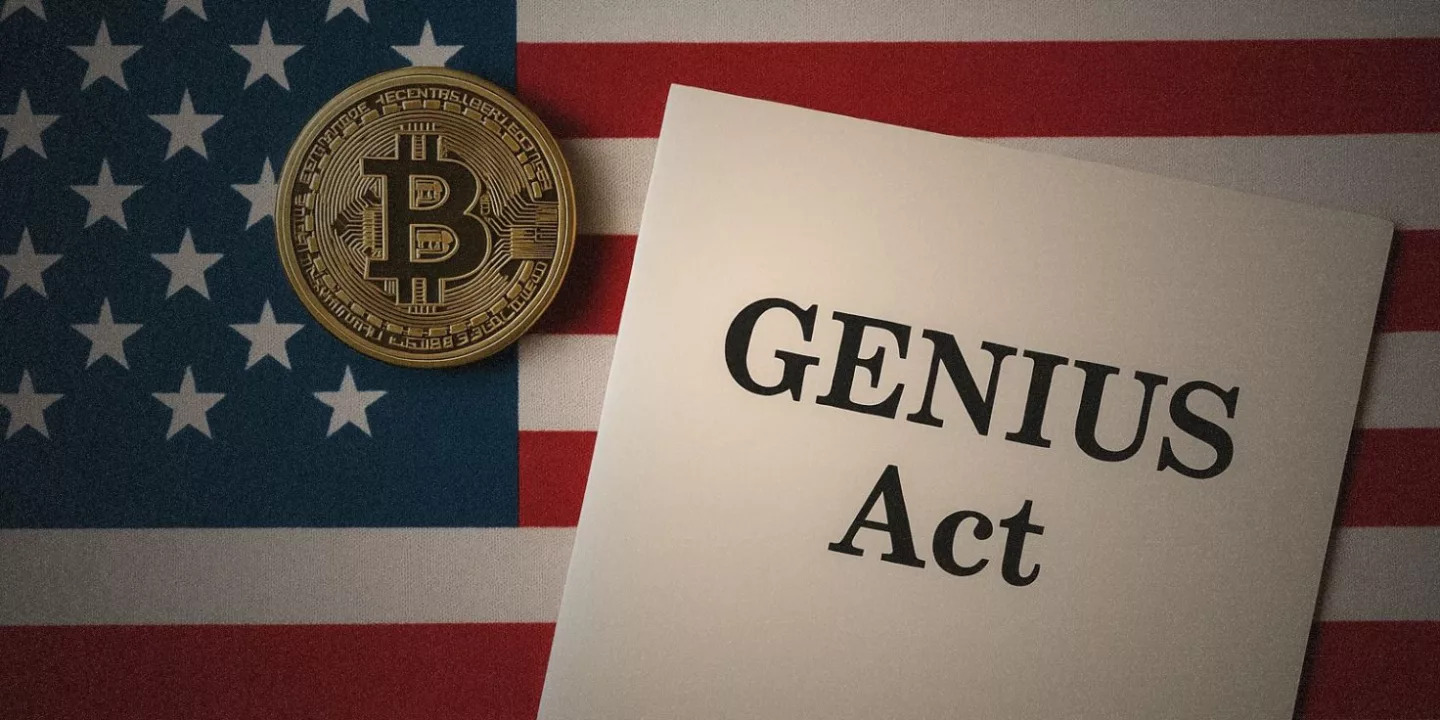
Warwick Powell, Adjunct Professor at Queensland University of Technology, Senior Fellow at Beijing Taihe Institute
Jul 28, 2025
While Washington continues to dress up its economic strategy as innovation-driven and market-oriented, the passage of the so-called GENIUS Act suggests the emergence of a desperation, leading to the reckless engineering of systemic financial instability under the guise of modenisation. By enabling U.S. Treasuries to be used to underpin the issuance of so-called stablecoins, the new laws create a synthetic loop of leverage, which could threaten the very stability of the American and global financial systems.

Sujit Kumar Datta, Former Chairman of Department of International Relations, University of Chittagong, Bangladesh
Jul 28, 2025
The intent of the United States was to coerce China into making concessions. But this didn’t work. China was only inspired to reach out to other trading partners and become more independent through home-grown technological development.
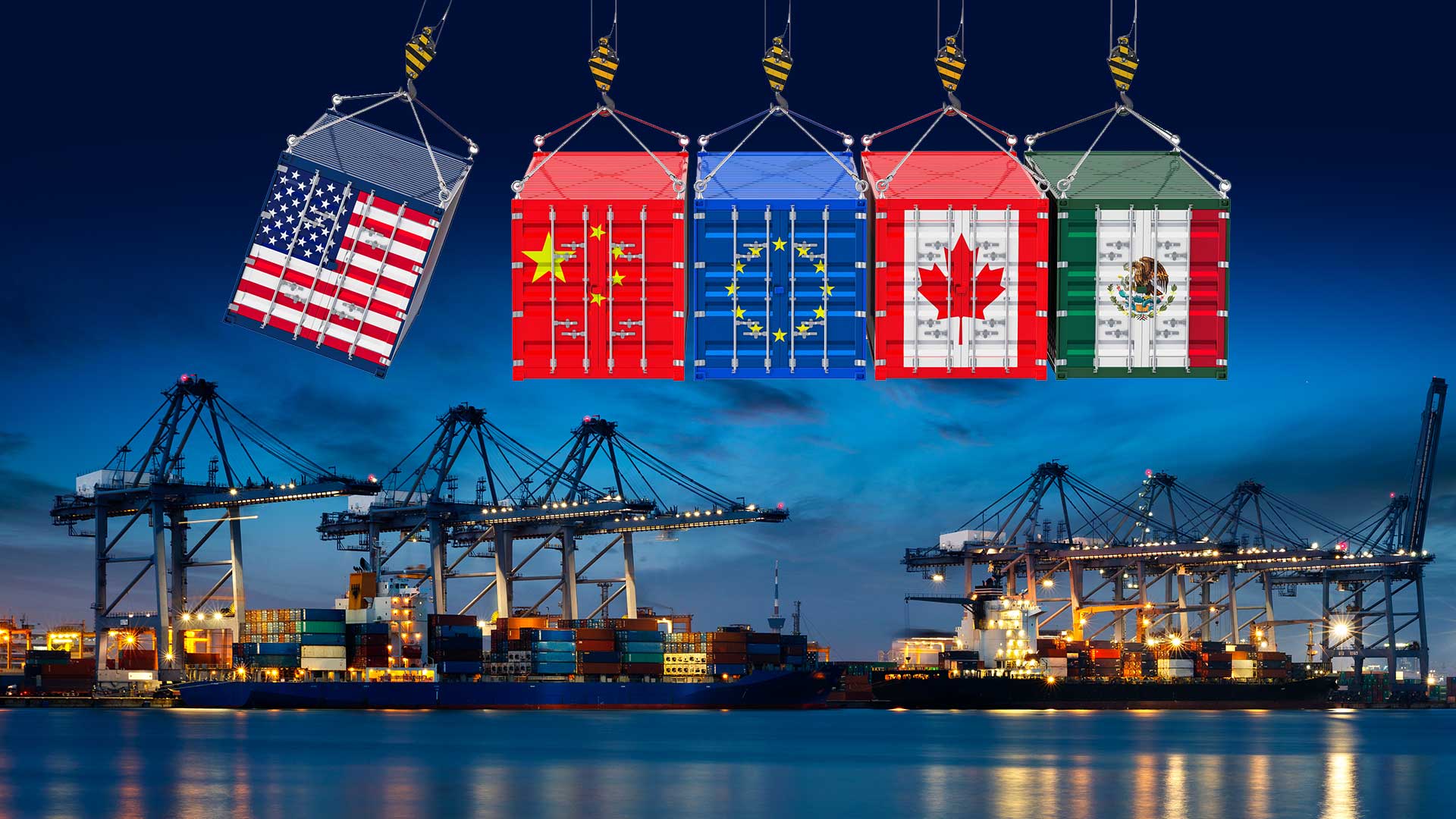
He Weiwen, Senior Fellow, Center for China and Globalization, CCG
Jul 28, 2025
The current deglobalization policy of the Trump administration in the form of tariffs, as well as its disregard for multilateral rules, will only lead to a slowdown in American economic growth. It will undercut the country’s technology advantages and hurt American families.
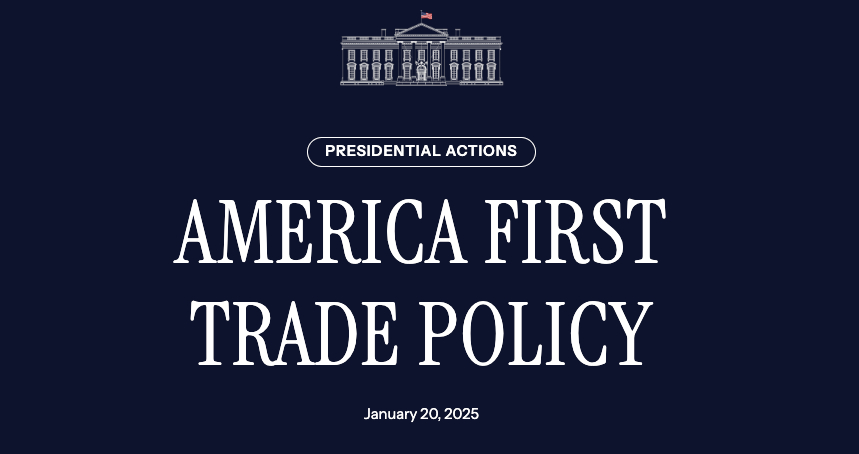
Brian Wong, Assistant Professor in Philosophy and Fellow at Centre on Contemporary China and the World, HKU and Rhodes Scholar
Jul 25, 2025
Trump’s ‘America First’ protectionist tactics are supposed to create advantages for the U.S. in trade and freeze out China in theory, but expect that the world needs America’s consumers to continue. New connections forming amid the trade war could mean instead, the U.S. is left out in the cold.
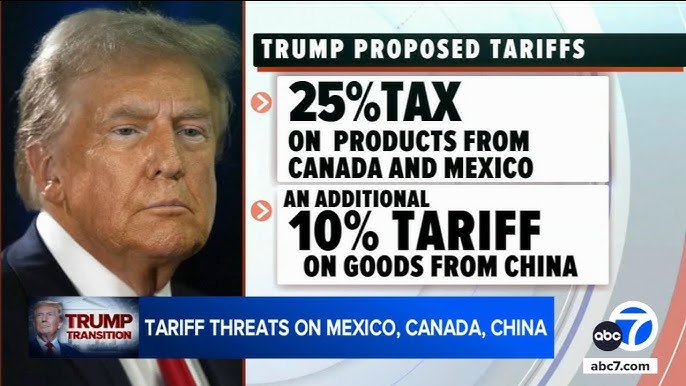
Dan Steinbock, Founder, Difference Group
Feb 21, 2025
At the wake of the 2008 financial crisis, investor Warren Buffett warned of derivatives as weapons of financial mass destruction. President Trump's "reciprocal tariffs" could have a similar impact on world trade.

Sara Hsu, Visiting Scholar at Fudan University
Jul 26, 2018
There is a shift taking place around the world, and the further Trump goes to reject America’s neoliberal free trade ideology, the more popular China’s own socialist free trade ideology becomes.

Hua Xin, PhD, CASS Graduate School
Jul 13, 2018
Trump’s trade wars will disrupt global trade.
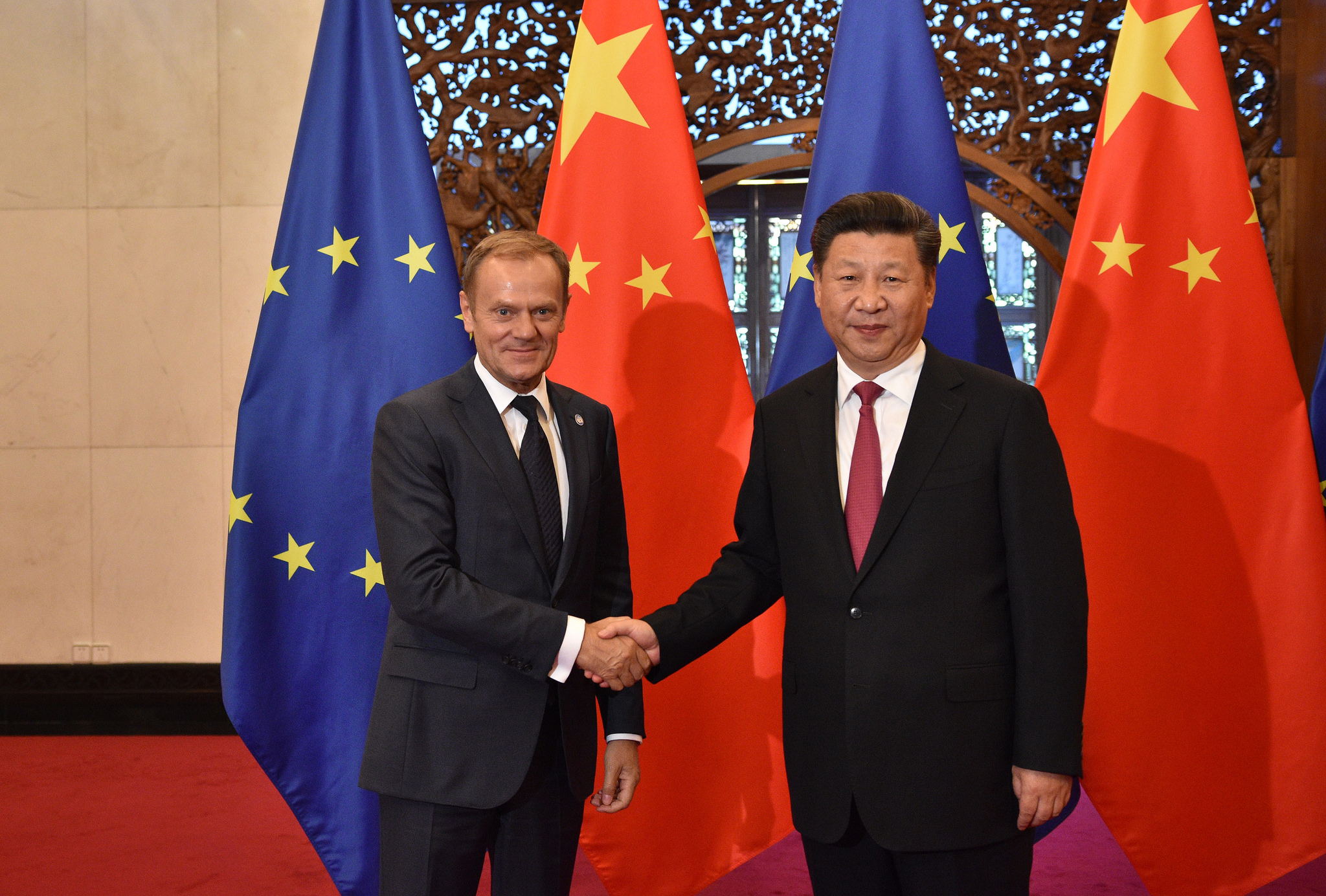
Nicola Casarini, Senior Fellow, Istituto Affari Internazionali
Jul 03, 2018
The next China-EU summit to be held in Beijing on July 16-17 will be used by leaders of the two sides to send a strong message against U.S. protectionism, signaling a change in EU-Chinese relations.

Wu Zhenglong, Senior Research Fellow, China Foundation for International Studies
May 31, 2018
Trump’s America First policy is breaking down traditional barriers between East and West but breaking up the Western camp held together by shared values.
Back to Top

- China-US Focus builds trust and understanding between the U.S. and China through open dialogue among thought leaders.
- Our Offerings
- Topics
- Videos
- Podcasts
- Columnists
- Research Reports
- Focus Digest
- Stay Connected
-
Thanks for signing up!
- Get the latest stories from China-US Focus weekly.